Context
Independent laboratory test report on Coriolis+ and Coriolis compact performance
Microorganisms present in the air, such as fungi, bacteria, and viruses, can have deep consequences for living beings at an individual level, at a societal level, from a health point of view, and from an economic point of view.
In this context, air quality monitoring is crucial to detect harmful microorganisms and prevent their spread, especially for viruses.
In healthcare facilities, routinely collecting and analyzing air samples helps identify potential viral pathogens and implement safety measures to safeguard both patients and medical staff.
Similarly, veterinary environments require stringent air sampling, particularly due to airborne viruses such as avian influenza or swine influenza. These viruses are highly contagious and can spread rapidly through the air in facilities housing animals, posing serious risks to livestock, for example. Avian influenza, for instance, can be devastating to poultry farms, leading to high mortality rates and severe economic losses. Swine influenza, commonly found in pig farms, can similarly spread through aerosols, and sometimes crosses species barriers and contributes to new influenza strains. Effective air monitoring in these settings helps detect early signs of viral presence.
Finally, in the food sector, ensuring clean air in production and storage areas is vital for maintaining food quality and safety. Additionally, various other environments, such as public transport, schools, and workplaces, need to be monitored to reduce the potential virus’s transmission and enhance overall health and safety.
For these reasons, Bertin Technologies has developed since 2009 a range of instruments and consumables dedicated to the collection of air samples across the Coriolis range. In this Application note, the independent lab VirexpR has studied the performance of the Coriolis+ and Coriolis Compact regarding their abilities to collect viruses.

